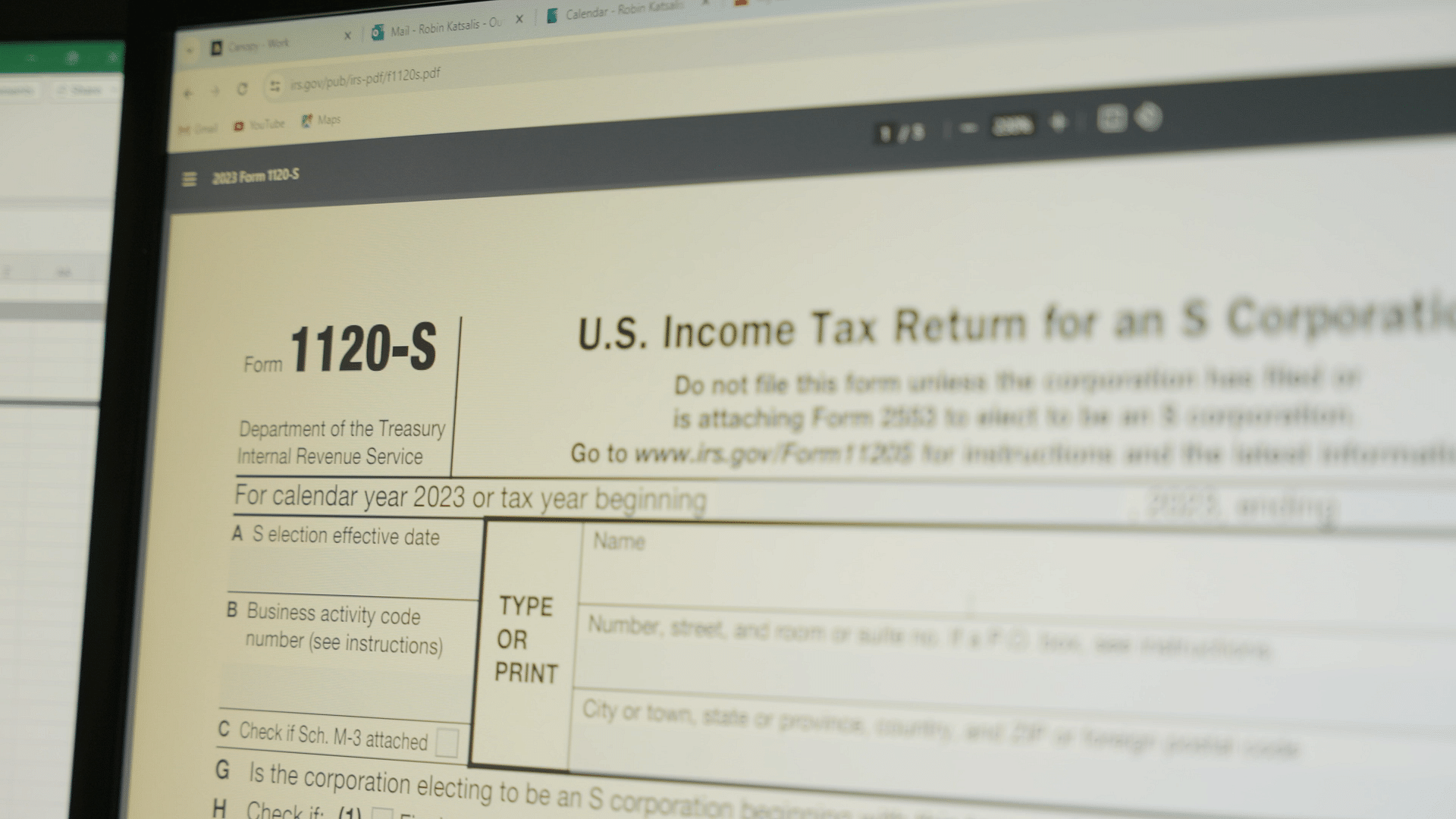
Cost Overruns in Construction Projects And How to Manage Them
Oct 14th, 2022
Cost overruns in construction projects are exactly what they sound like: You meticulously considered the project, offered a detailed bid, spent time, resources, and capital to complete the work to code and client satisfaction-only to have spent 30% more than you initially planned to when the job is finished. If this sounds familiar to your company, you're not alone. A study from KPMG found only about a third of all construction projects have been completed within even 10% of the budget in the past three years.
Some in the construction industry believe that cost overruns are just the reality of the job, with natural forces like weather delays, technological issues, and tremendous construction costs increase worldwide since the start of the pandemic eating into schedules and profits. While all this may be true, cost overruns in construction projects are just as likely to be the result of poor project management, unrealistic construction cost breakdown, and inaccurate bookkeeping. In these cases, lost profits are inevitable even if every other aspect of the job goes perfectly. Fortunately, though, this also means that a few construction bookkeeping tips can go a long way in keeping your next project from breaking the budget.
What Is Cost Overrun in Construction Projects?
Cost overrun is simply an industry term for when the initial construction budget for a job is exceeded by the final cost. Plenty of things can cause overruns on a job site, but all of them can result in lost wages for the company in the form of excess spending. One of the main construction bookkeeping differences from other industries is the use of record keeping for "job costing," wherein managers consult previous prices on materials, labor, insurance, repairs, and other fees to create an informed estimate of how much a job of a similar size will cost to complete.
Proper job costing requires dedicated and diligent bookkeeping for every transaction the company makes, and without it, cost overruns become much more common. While cost overrun can happen at any point during the project, proper diligence during the preconstruction phase can provide more accurate estimates to stakeholders and contractors alike, allowing all parties involved to consider the timeline and budget more realistically. Essentially, proper bookkeeping minimizes overrun by preventing inaccurate data from leading the project astray.
Reasons for Cost Increase in Construction
The reasons for cost overrun can vary, with inclement weather, equipment malfunction, frequent design change, construction costs increase, or code violations among the more dramatic ones. Any of these on a job site can bring the entire process to a halt, and blow your budget as well. However, while many companies might find it easier to have contingencies in place for so-called "acts of god," it's more likely that compounding clerical and oversight breakdowns will push your project into overrun territory. Some of these include:
Poor Management
Poor managers can be inexperienced, uninformed about the details of the project, unrealistic about expectations, or fostering a Trust Gap on the job site through questionable decisions about safety or interpersonal communication. Poor management allows small errors to compound into larger problems that require time and money to fix, meaning that cost overruns in construction projects especially are a virtual certainty.
Failing to Account For Hidden Costs and Inaccurate Project Estimates
Proper bookkeeping for a construction company isn't like record keeping at a traditional good-centered business. While a company that sells a product might have fairly set margins for how much they sell and buy in a month, construction companies must account for a litany of hidden fees and fluid prices that are different from month to month or even day to day.
Overtime, bonuses, travel costs, insurance, etc. are among just a few of the irregular or unforeseen costs that can affect the initial budgets of construction projects in ways that even attentive managers don't plan for. When these costs are added up at the end of the job, they can result in surprising cost overruns.
Administrative Errors
Administrative errors happen to every business, but they can unfortunately be detrimental to construction projects. Improperly filled-out invoices, missed tax payments, or inaccurate purchase orders mean that other teams are operating under false pretenses, and sometimes these errors aren't accounted for until the project is complete. Oftentimes, drastic administrative errors happen when internal managers are tasked with the kind of specialty bookkeeping that is usually left to professionals. While hiring professional bookkeeping staff can add to the initial expense of a project, the potential cost-saving benefits of preventing overrun are significant.
Payment Delay
It's a fairly commonly understood aspect of business: People don't work if they don't get paid. Payment delay is similar to administrative errors in that it usually happens from communication breakdown between managers who don't specialize in payroll services. Miscommunications about funding or payment schedules can lead to overdrawn accounts when it's time to pay general and subcontractors. This can get especially complicated when it comes to accounting for overtime, employee compensation, reimbursement, etc.
Problems Resulting From Cost Overruns
When cost overruns in construction projects grow out of control, it can result in potentially catastrophic problems for the company-even threatening its long-term viability. The greatest threat from construction costs increase is lost profits from excessive spending against any materials budget. That alone should put growth-minded managers on edge when confronting the realities of cost overruns. However, there are secondary effects to the issue as well.
Framing cost overruns as an inevitable part of the construction process can be tempting as it makes managers think that there's little to be done to solve the problem. But if every job comes in over budget, there are long-term consequences to the company's reputation and ability to enter viable bids in a competitive marketplace. Similarly, as budgeting issues prevent individual phases of construction from being completed, it falls to managers and administrative staff to explain to stakeholders why the project is off schedule. All of these have a compounding effect wherein loss of profit, time, and reputation can shutter a construction company.
How to Prevent Cost Increase on a Job Site
When it comes to preventing construction costs increases in the form of overruns, some of the most important things a manager can do include collecting accurate record-keeping data, proper job costing, and hiring a specialized team. Often, some of the big challenges in preventing cost overrun is simply identifying problematic areas in the first place, which is where proper bookkeeping can make the biggest difference.
Proper financial record keeping and payroll service not only allow construction companies to work with accurate data and pricing when job costing, but they can also cut down on clerical errors and administrative delays during construction phases. This is also why hiring the right team is important, as relying on in-house staff to juggle worksite responsibilities while meticulously keeping records can be a recipe for disaster. Whether it's qualified bookkeeping for heating and cooling companies, tax preparers for cabinetry companies, or accounting for roofing companies, many clerical services can be as specialized as the construction fields that they serve-and good managers know the value in hiring the right person for the right job.
How Proper Bookkeeping Can Help Keep Your Project on Budget?
Appletree Business Services offers payroll services, tax preparation, and bookkeeping for construction in New Hampshire and the rest of the country as well. Part of how to find a bookkeeper for your construction business should come down to the same aspects that you value in your own company: Experience, communication, and reputation. Appletree has proudly served our clients for over 40 years, and our firsthand experience with the tax codes and financial realities of owning a construction business means we are uniquely qualified to help your company minimize cost overruns and bring your next project in at the budget you planned for-and every one after that. To learn more about how dedicated bookkeeping services can help your construction company, call us today for an initial consultation with one of our business and tax professionals.


Let’s Help Eliminate Your Stress
If you choose Appletree Business Services for your bookkeeping, payroll or tax needs, you’ll find that good things begin to happen in your business. Your common financial challenges will become simple with a clear map to create your ideal situation. More than that, we’ll identify your “typical” stresses and help make them go away.